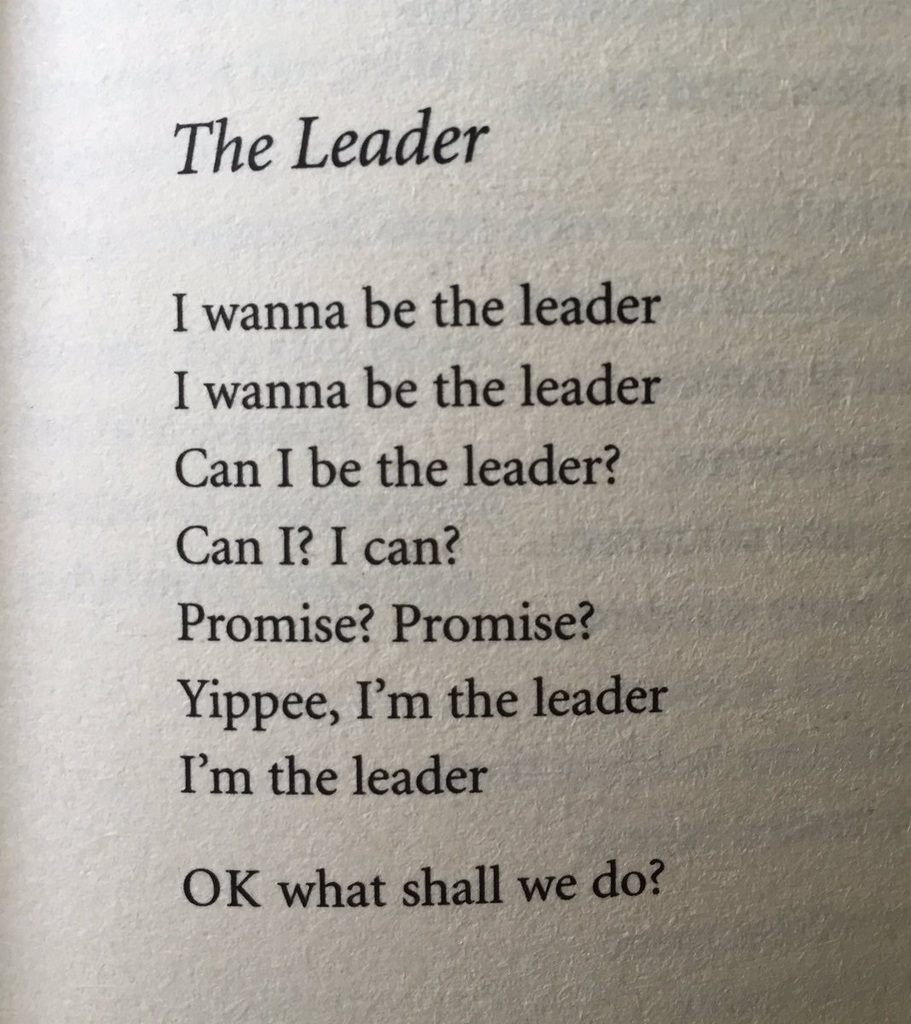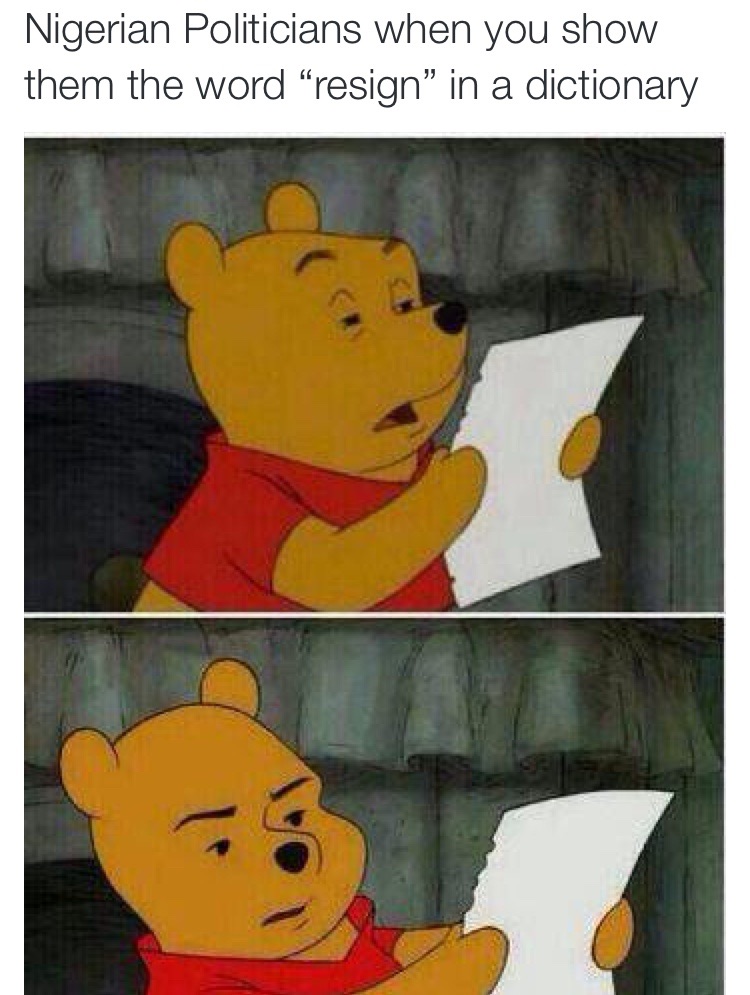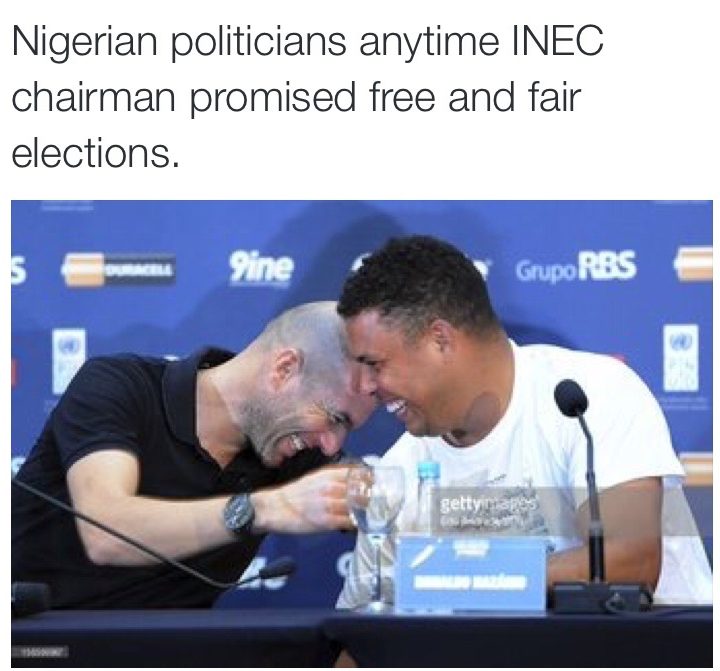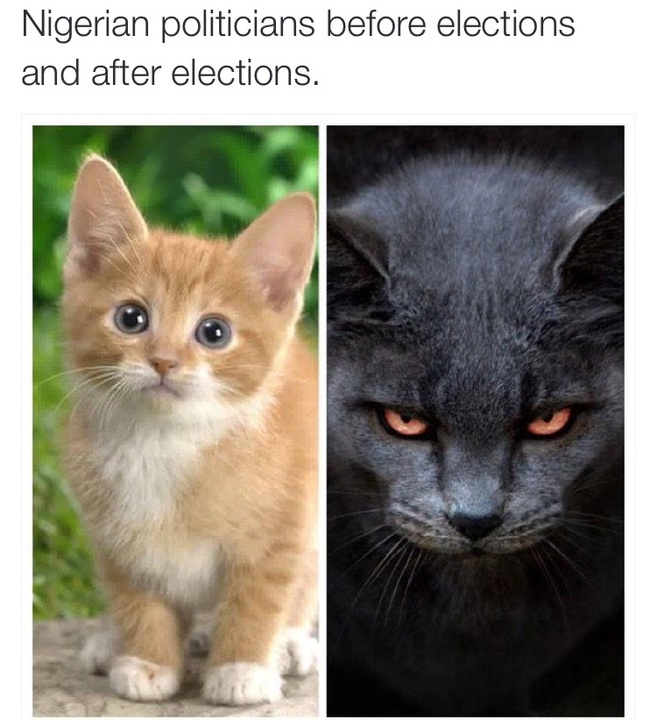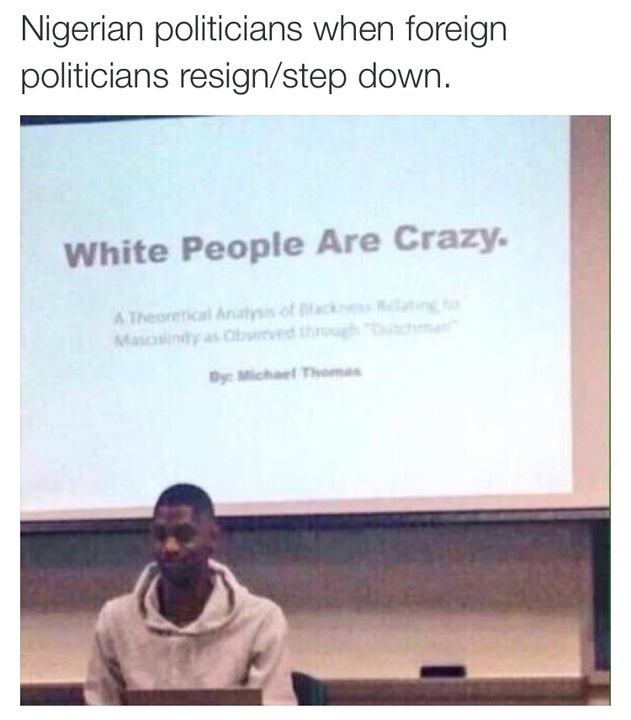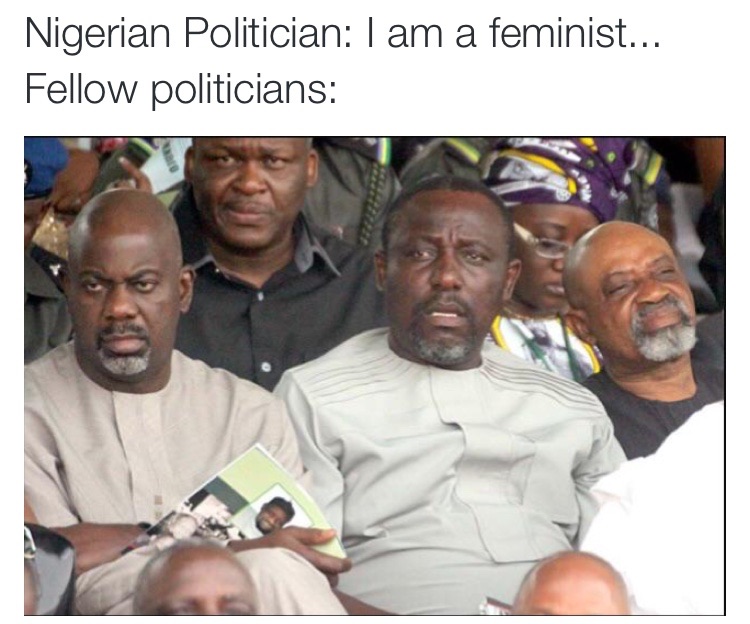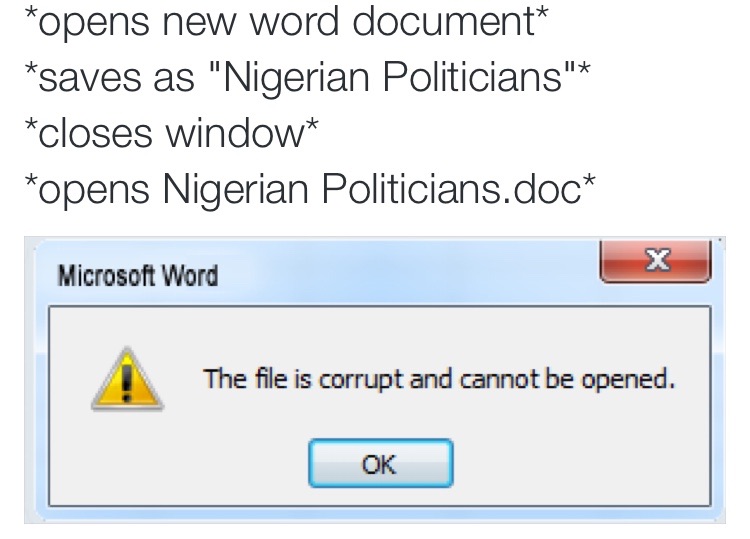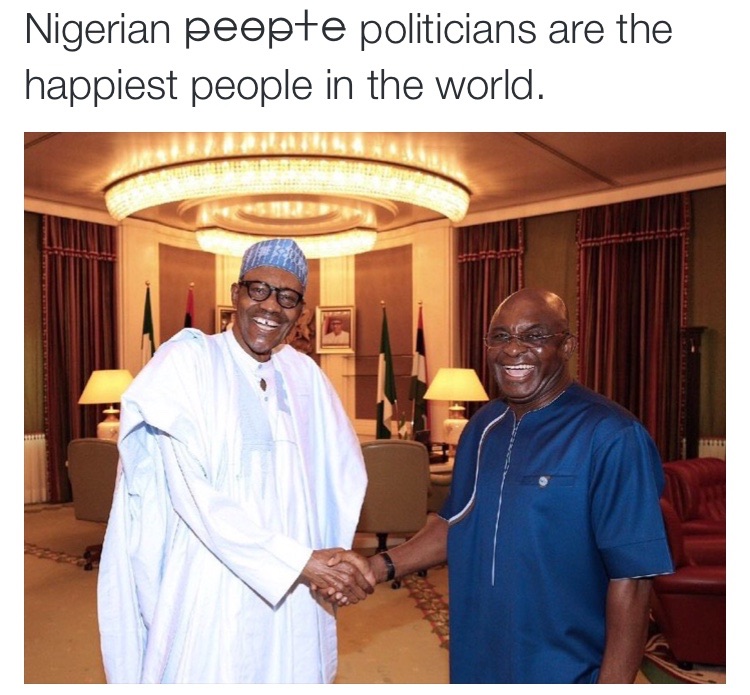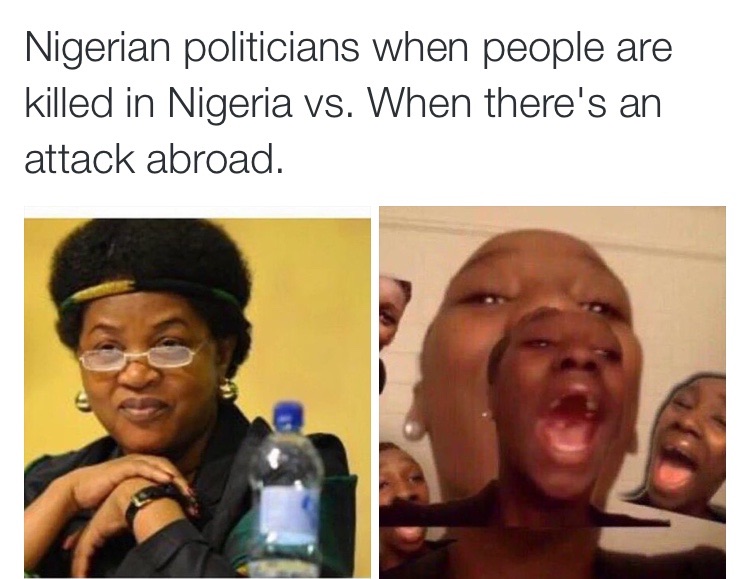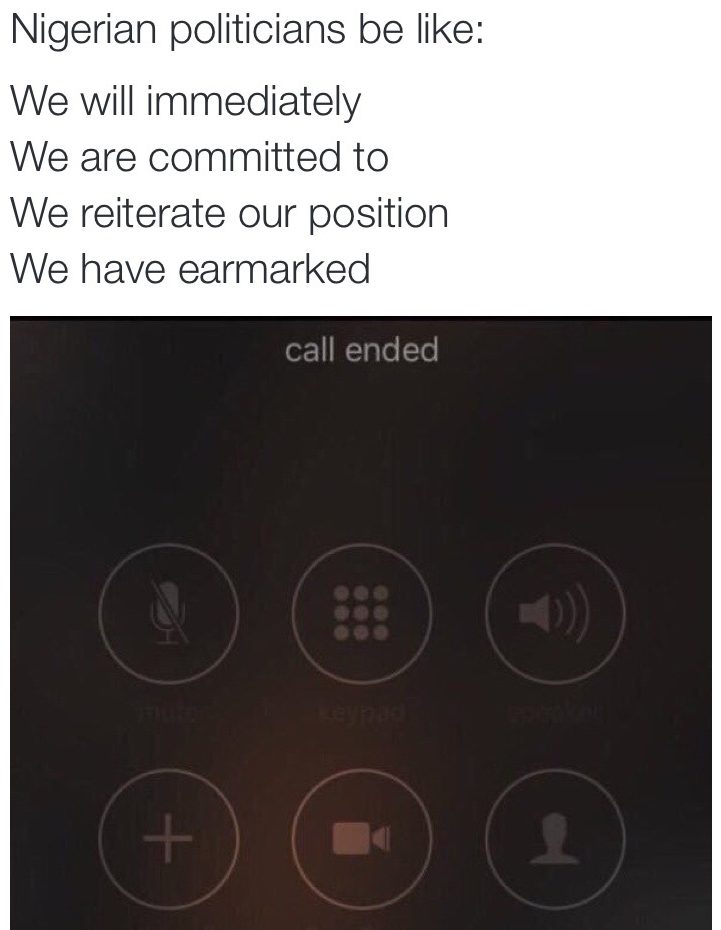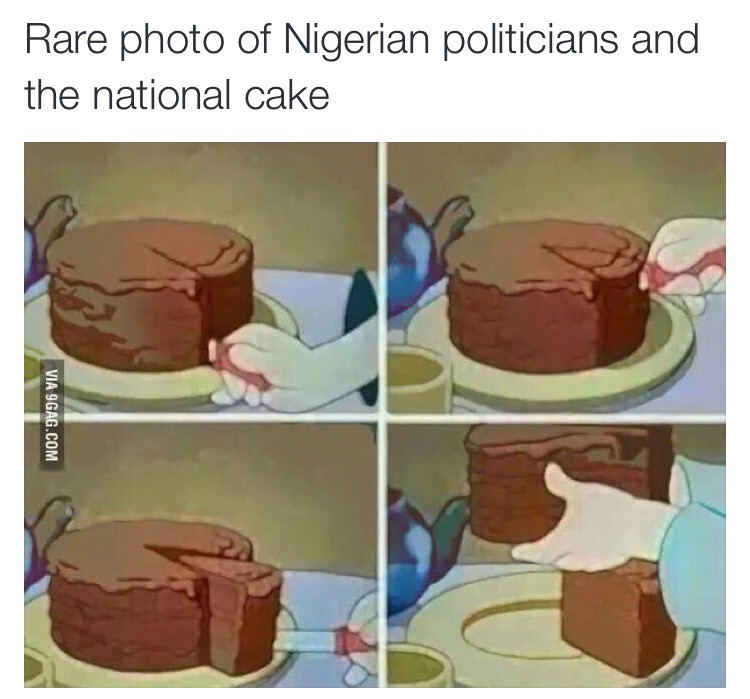He has a thing for rigging elections
After winning the Rivers State governorship elections in 2015, he was served a petition that contested its validity. A tribunal was set up, and it was reported that the INEC awarded him votes that were five times higher than the number of registered voters in the state at the time.
Long story short, he kept evading the tribunals until the court had to paste their processes on the walls of his house, since he wouldn’t show up. On October 24th, 2015, the election was annulled and the court ordered a rerun.
But he managed to stay on as governor
He fought the case all the way to the supreme court, where he was able to have the verdict overturned in January 2016. This allowed him to stay on as governor.
His re-election bid was rife with violence
As if this election fraud wasn’t enough, the election that ushered him in for a second term was suspended for days due to electoral violence. It eventually happened, and he won by an insane margin of 500,000 votes.
He declared free tuition in Rivers state’s public primary and secondary schools
After finding out that public school administrators collected the fees for personal use, he declared that primary and secondary education would be free within the state. This included fees for exams like NECO and WAEC, which would all be taken care of by the state.
He did a lot more to improve education in Rivers state
His administration invested billions of naira in the school system. He revamped school structures and built new ones across the 23 local government areas within the state.
But it fell short of expectations
In spite of the effort put into improving education within the state, lack of teachers and poor teaching infrastructure led to the abandonment of many of these schools.
He ordered the demolition of a hotel during the COVID-19 pandemic
While certain governors denied the existence of COVID-19, Wike took extreme measures to contain it. One of these measures was ordering the demolition of two hotels that’d disobeyed the lockdown order and stayed open for business. Governor Wike got wind of this and ordered the demolition and establishment of a school on the land.
He and his band gave us many hit songs
It’s safe to say Governor Wike is the biggest hitmaker without a Headies award in Nigeria — he doesn’t need one because he’s bigger than the award anyway. He and his band have given us incredible live shows, and even though they were either singing his praises or mocking his enemies, we remain grateful for their artistry.
Best in flyovers
We mentioned how Governor Yahaya Bello deserves an award for being the best in construction. But he doesn’t come close to Governor Wike, who constructed three flyovers in sixteen months. It makes you wonder what he’s doing right, because other governors spend years doing the same thing.
He signed a law allowing women to inherit properties
It might be surprising to hear, but there are places in Nigeria where a woman is still not allowed to inherit properties from her family. This extremely discriminatory custom has left a lot of women and families in poverty when the wealth of their parents or spouses are torn up among other members of the family. In 2022, Governor Wike signed a law against it within Rivers state.
But he handles the state like a dictatorship
If this wasn’t already obvious from the unwarranted demolition of a hotel building, he once asked his aide to arrest two people for making noise while he was giving a speech.
He de-recognised a former governor of the state
In 2007, Rotimi Amaechi won the primary elections to become PDP’s governorship candidate in Rivers state. But it was awarded to Celestine Omeiha instead, who eventually went on to win the general elections. Rotimi Amaechi fought this in court and Omeiha was removed as governor, as he never should have contested in the first place.
In October 2022, Governor Wike signed a legal instrument into law that de-recognised Omeiha as ever being a governor in the state. The man takes no prisoners when he doesn’t like you. That one’s for sure.
Overall Grade: B-
In spite of his huge focus on infrastructure and education within the state, his administration is rife with high-handedness that borders on tyrannical, and is notorious for electoral sneakiness.
NEXT READ: What’s in Governor Sanwo-Olu’s Four-Year Report Card?









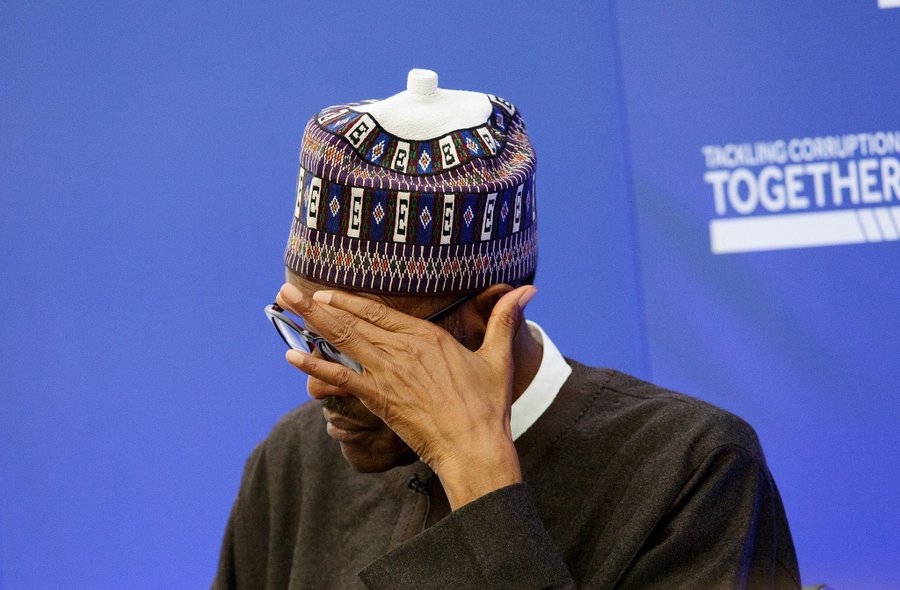





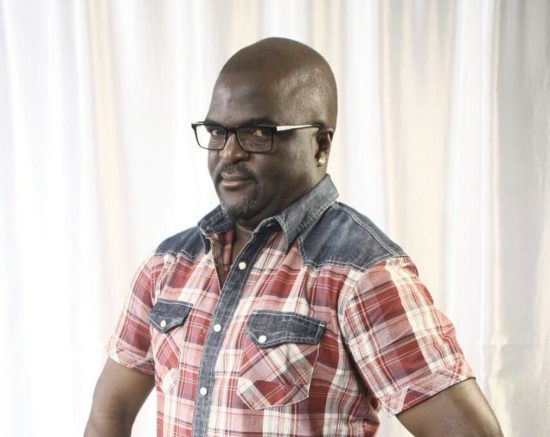

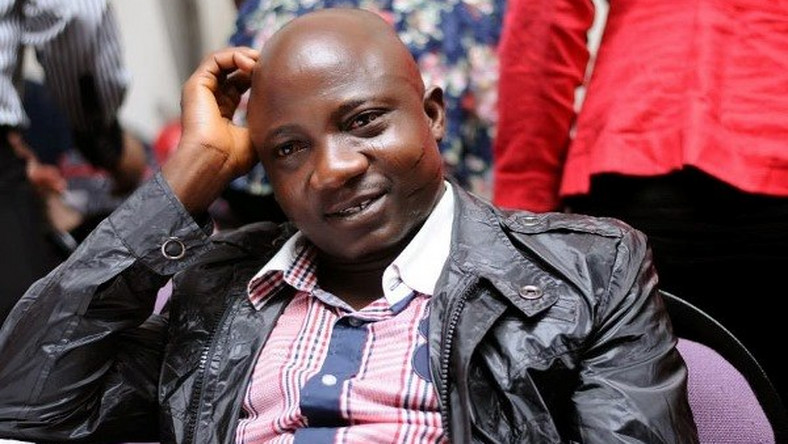








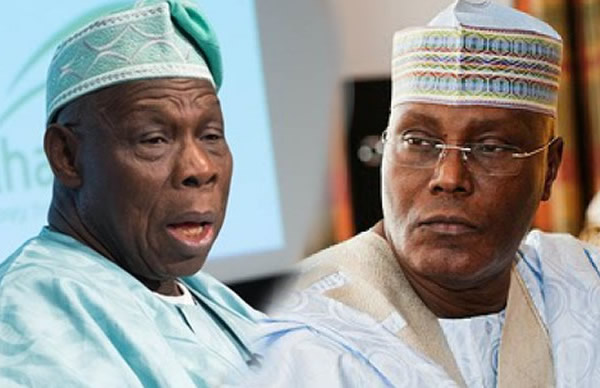
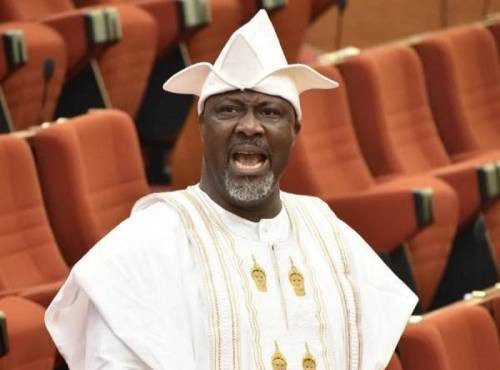


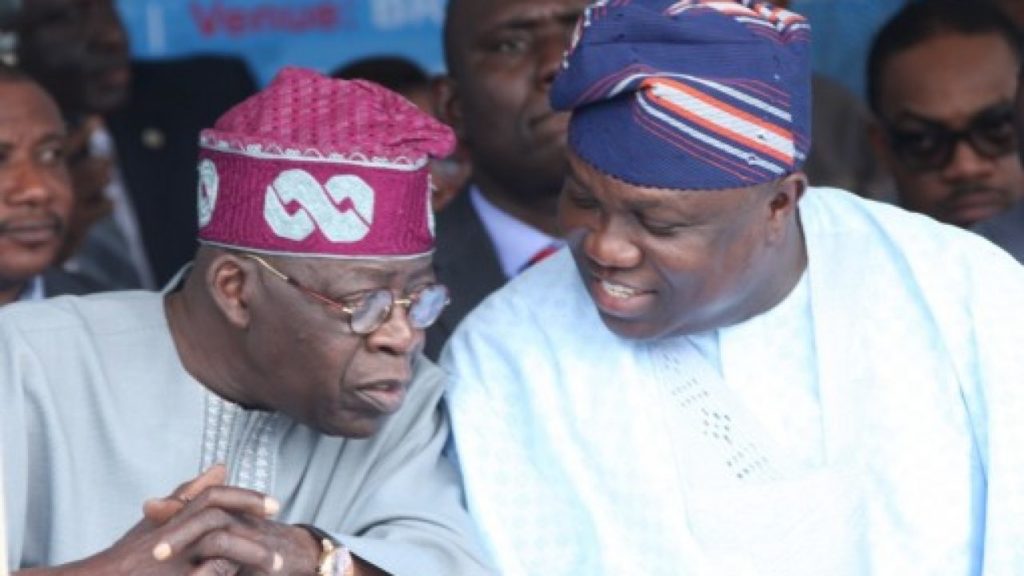
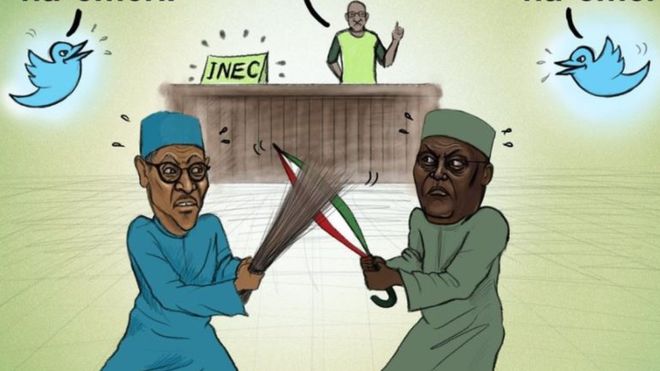


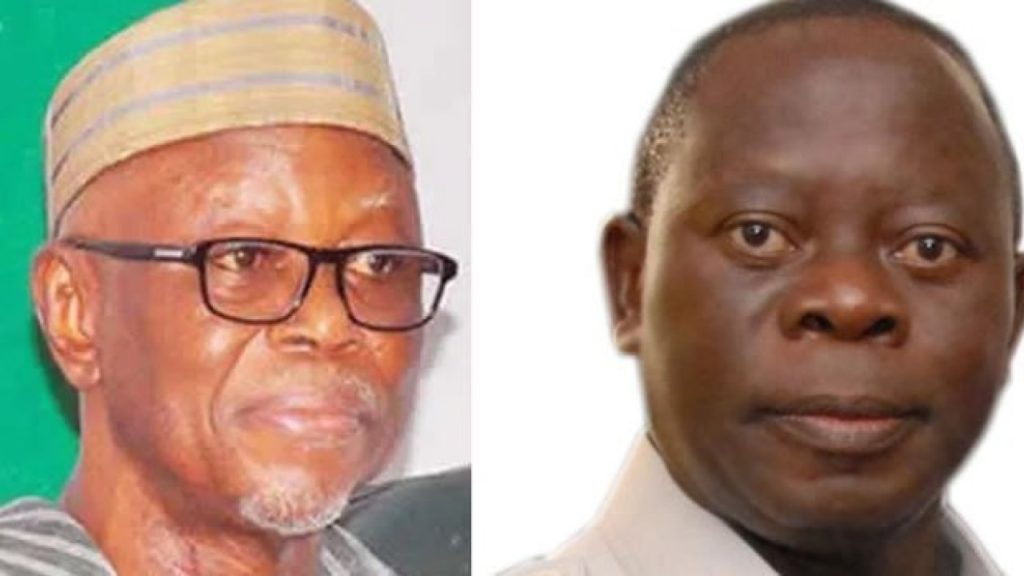
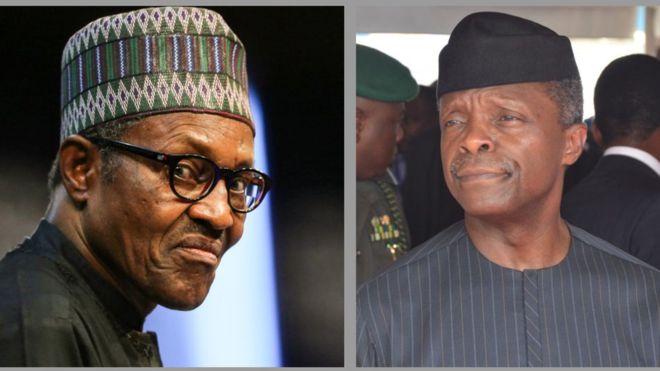

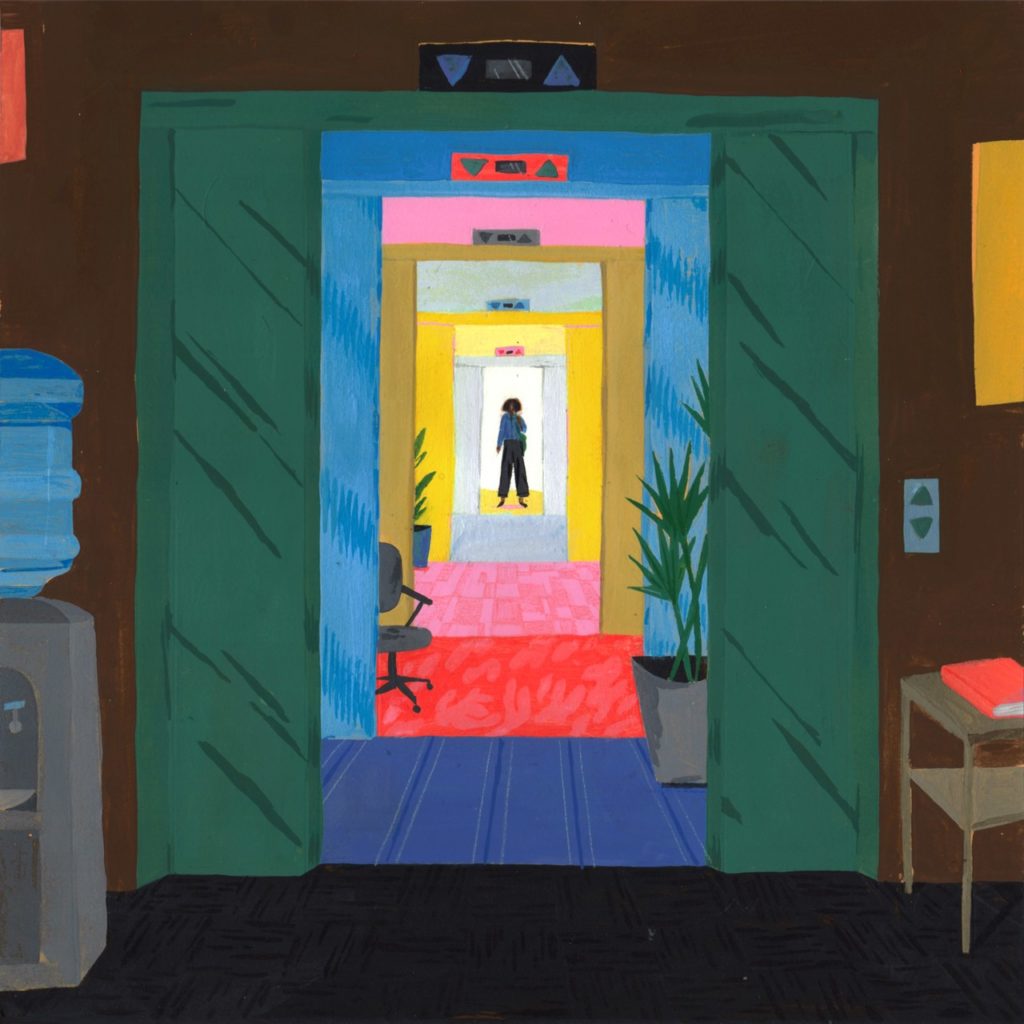










 “YASSS we all need our own homes!” – 2019 campaign slogan loading.
“YASSS we all need our own homes!” – 2019 campaign slogan loading.




